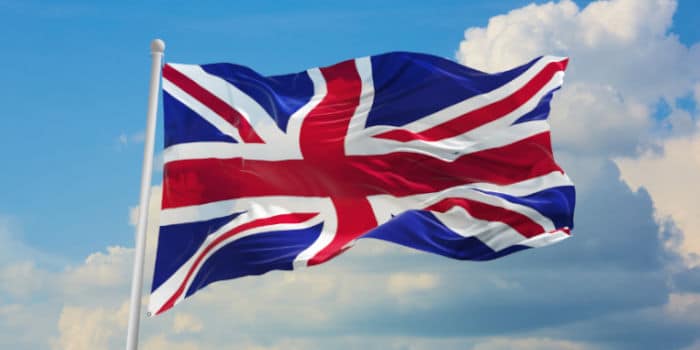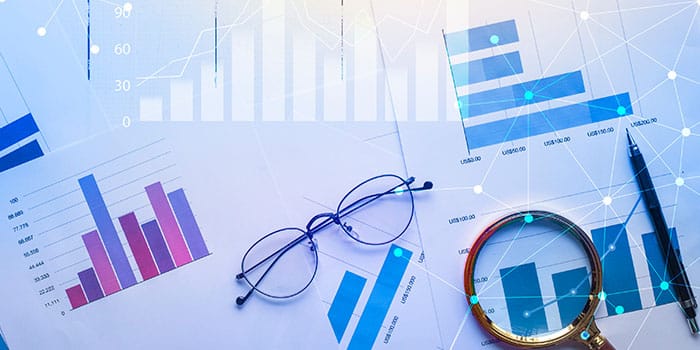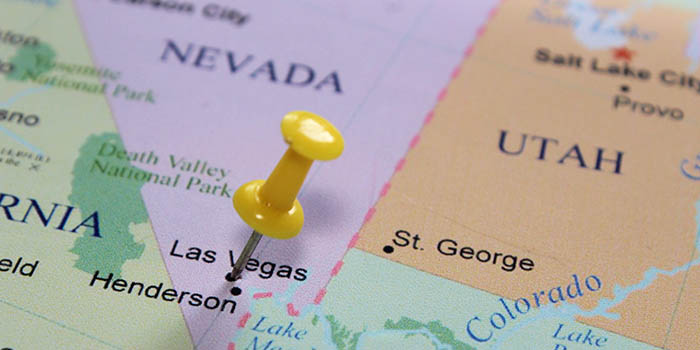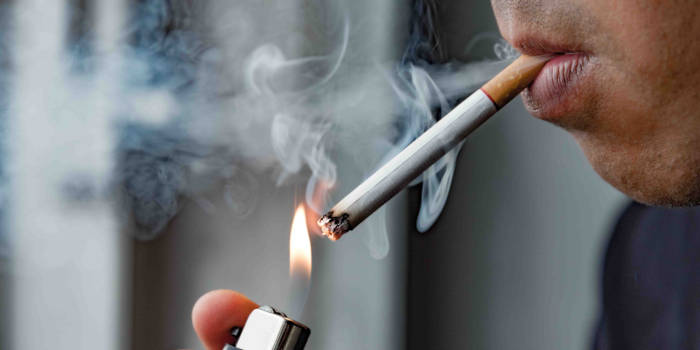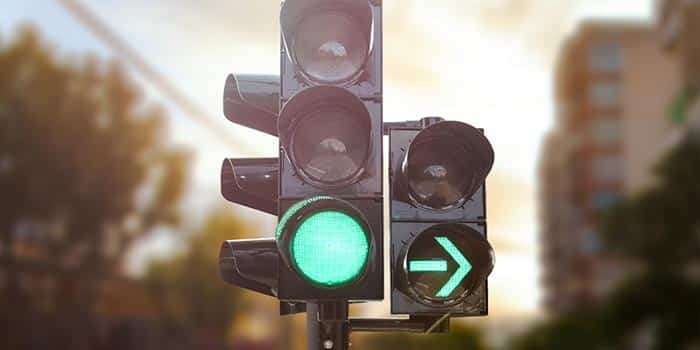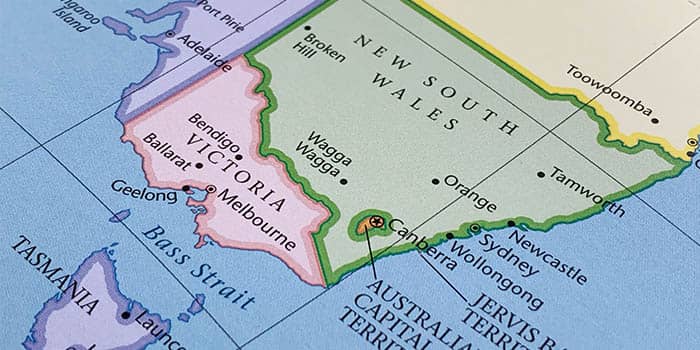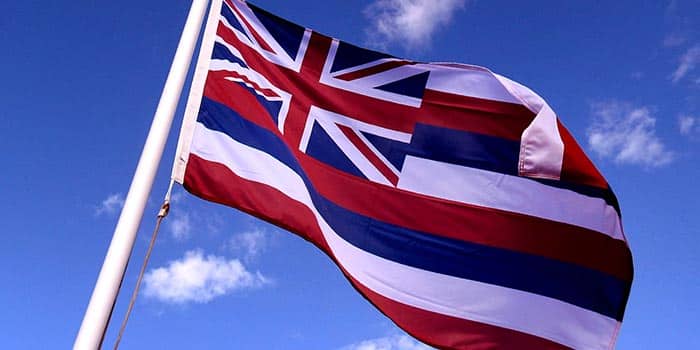- Casino
- By State
- Alabama
- Alaska
- Arizona
- Arkansas
- California
- Colorado
- Connecticut
- Delaware
- Georgia
- Florida
- Hawaii
- Idaho
- Illinois
- Indiana
- Iowa
- Kansas
- Kentucky
- Louisiana
- Maine
- Massachusetts
- Maryland
- Michigan
- Minnesota
- Mississippi
- Missouri
- Montana
- Nebraska
- Nevada
- New Hampshire
- New Jersey
- New Mexico
- New York
- North Carolina
- North Dakota
- Ohio
- Oklahoma
- Oregon
- Pennsylvania
- Rhode Island
- South Carolina
- South Dakota
- Tennessee
- Texas
- Utah
- Vermont
- Virginia
- Washington
- West Virginia
- Wisconsin
- Wyoming
- By State
- Slots
- Poker
- Sports
- Esports
Fact-checked by Stoyan Todorov
Sweden Implements Gambling Tax Hike to the Industry’s Dismay
According to the BOS, the higher tax risks undermining the progress made in the reduction of the black market’s influence
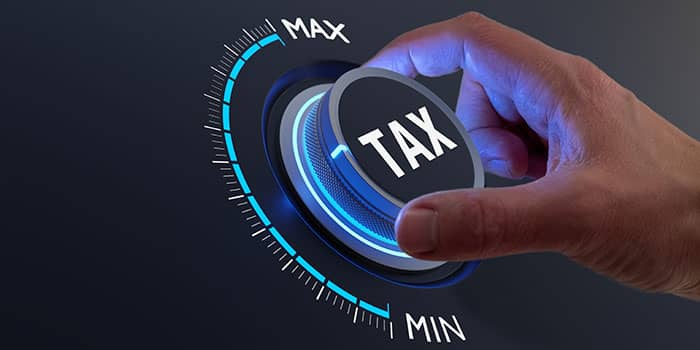
On July 1, Sweden has officially increased its gambling tax in spite of the industry’s claims that such a measure would be counterproductive. Originally introduced in 2019, the 18% tax on gambling profits has been replaced with a 22% tax, in line with Sweden’s ongoing reforms.
As mentioned, the gambling industry isn’t thrilled about the changes, believing that they could potentially have adverse effects. The Swedish Trade Association for Online Gambling (BOS) was outspoken about its concerns warning that the tax hike could undermine the Swedish market’s progress.
The BOS argued that the increase in taxes would be a gift to the black market as it would make licensed gambling companies less competitive by limiting the money they can afford to spend on marketing. In the meantime, offshore companies, which have never played by the rules, would be able to gain an edge over their financially pressured legal competitors.
According to the BOS, the higher tax risks undermining the progress made in the reduction of the black market’s influence. If that happens, players would be exposed to the illegal gambling market, which doesn’t offer sufficient player protections, the association noted.
Operators and Sporting Organizations Are Also Unhappy
The BOS isn’t the only organization to oppose the gambling tax hike. The measure was also questioned by gambling operators, especially land-based ones. ATG, which offers horseracing products, was taken aback by the fact that the new tax would affect all gambling operators.
ATG expressed disagreement with this uniformity, arguing that online operators have fewer expenses and are experiencing steadier growth.
Sporting organizations, such as the Swedish Professional Football Leagues (EFDN), were also concerned about the measure, considering their dependence on sponsorship deals with sportsbook operators.
The New Tax Rate Should Be Perfect, the Government Believes
The government, however, is optimistic about the change, believing that it would be able to fight off the black market. Channeling players toward legal operators remains a top priority with the government targeting a channelization rate of over 90%.
Additionally, the government argues that its new tax is based on thorough research, which suggested that a tax rate of just above 20% would be best for the market. The research was conducted prior to the market regulation in 2019 but the government opted to introduce a lower tax rate back then as a way to stabilize the market.
In any case, now that the new tax has been implemented, Sweden expects a tax revenue boost of SEK 540 million ($50 million).
Must Read
More Articles





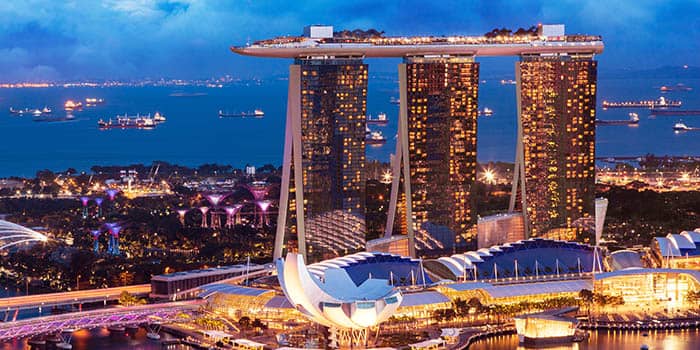
Industry
April 11, 2025
Singapore Renews Marina Bay Sands’ Casino License
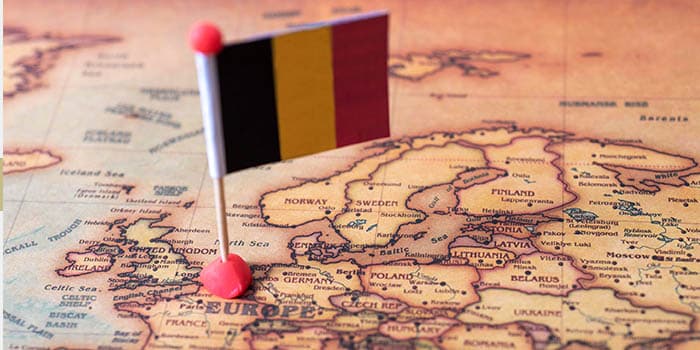
Industry
April 11, 2025
European Commission Says Belgium Did Not Favor Ladbrokes

Industry
April 11, 2025
Online Casino Legalization Fails in Two US States
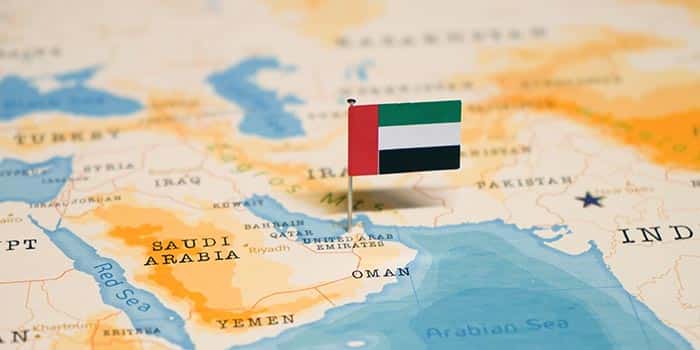
Business
April 11, 2025
NOVOMATIC Secures Supplier’s License in the UAE
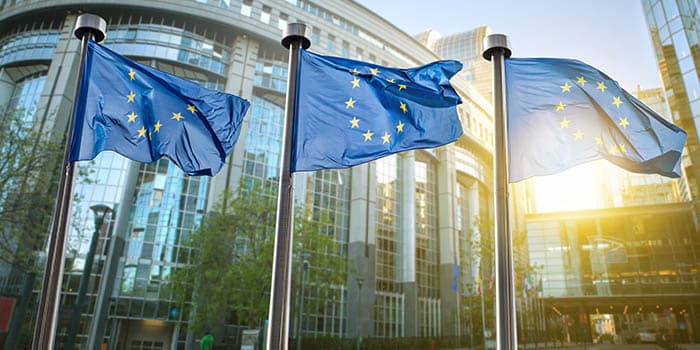
Legal
April 10, 2025
EU Lawsuit Marks Pivotal Moment for Player Refund Claims




